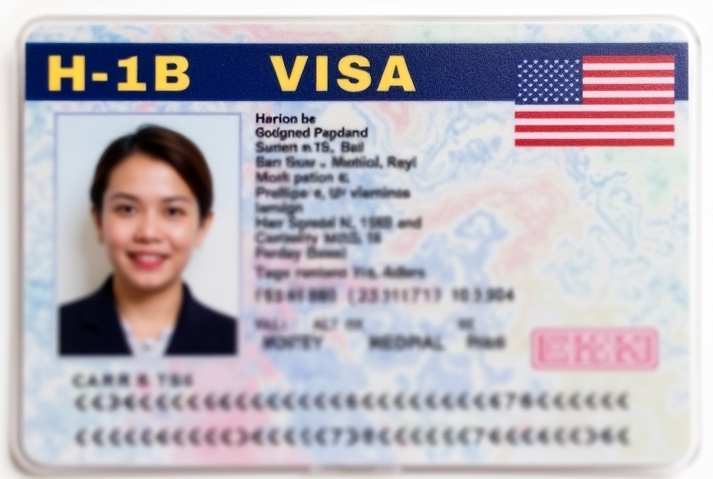In an intriguing turn, the United States Immigration Administration has begun providing Requests for Evidence (RFEs) in job-based visa situations, notably the H-1B Visa and I-140 immigrant pleas. These new Requests for Evidence ask for home addresses and biometric information, a demand that immigration lawyers describe as unusual and worrying.
The current action by the United States Citizenship and Immigration Services (USCIS) has raised questions about the agency’s plan, transparency, and lawful processes.
ALSO SEE: US DIVERSITY VISA PROGRAM: APPLICATIONS OPEN FOR DV-2026
MEANING OF A REQUEST FOR EVIDENCE (RFE)
A Request for Evidence (RFE) is an official notice from the United States Citizenship and Immigration Services (USCIS) requesting further documents or explanations before determining a visa petition. Automatically, Requests for Evidence concentrate on skipping qualification conditions, such as academic certificates, employer information, or financial proof.
Hence, in this current wave, RFEs are demanding something completely different: the beneficiary’s residential address and biometric information. This adjustment highlights an unprecedented modification in job-based visa processing, and it has the immigration society on edge.
INSTANT RFEs ALARM IMMIGRATION LAWYERS
Lawyers who represent employers and international employees are facing a wave of Requests for Evidence, demanding updated home addresses and referencing the need to obtain biometric information. These notifications reference “prospectively bad details” but do not clarify what that detail might be.
Again, the Request for Evidence also neglects to clarify the disposition of the bad data, leaving employers and lawyers in the dark.
CONCERNS OVER TRANSPARENCY AND LEGAL LIBERTIES
Immigration experts say the Request for Evidence is unprecedented in its extent and raises severe concerns regarding privacy and due process. Automatically, biometrics, fingerprints, pictures, and digital signatures are required only for specific classifications, such as asylum seekers or green card candidates.
The absence of explanation in these new notices is powering anxiety among visa candidates and their legal counsel.
LEGAL PROFESSIONALS RECOMMEND CAUTION
Immigration lawyers are demanding that recipients not instantly adhere. Rather, they suggest demanding complete revelation of any degrading details being used by USCIS.
It is advised, citing 8 CFR 103.2(b)(16)(i), a law that requires the agency to disclose any adverse evidence it relies on when making a decision.
EFFECT ON EMPLOYERS, STUDENTS AND TECH SKILL
The Request for Evidence (RFEs) come at a period when employers and institutions are already grappling with visa caps and accumulations. According to Forbes, more than 240 United States institutions have accounted for more than 1,550 foreign students and graduates who experience legal status distractions.
Research by the National Foundation for American Policy has revealed that a European teenager is four times more likely to obtain a seasonal work visa than an international graduate in AI to secure an H-1 B visa.
WHO MIGHT GET THESE NEW RFEs
The persons most likely to be impacted comprise of:
- H-1B visa holders and candidates
- I-140 job-based green card candidates
- Employers support international employees.
- Current foreign graduates in STEM areas.
WHAT VISA CANDIDATES SHOULD DO
If you or your employer gets a Request for Evidence (RFE) demanding your address and biometrics information, below is what to contemplate:
- Do not answer without legal recommendation.
- Demand USCIS to reveal the likely negative details
- Contact an immigration lawyer instantly.
- Ensure that all existing records are accurate and up to date.
The unanticipated provision in the Request for Evidence, which requests biometric information and home addresses, has presented new difficulties for job-based visa candidates in the United States. With no actual precedent or explanation, immigration lawyers demand caution and strategic lawful responses.
For international experts and students seeking the American dream, this expansion highlights the need for heightened vigilance and legal awareness in an evolving immigration landscape.







